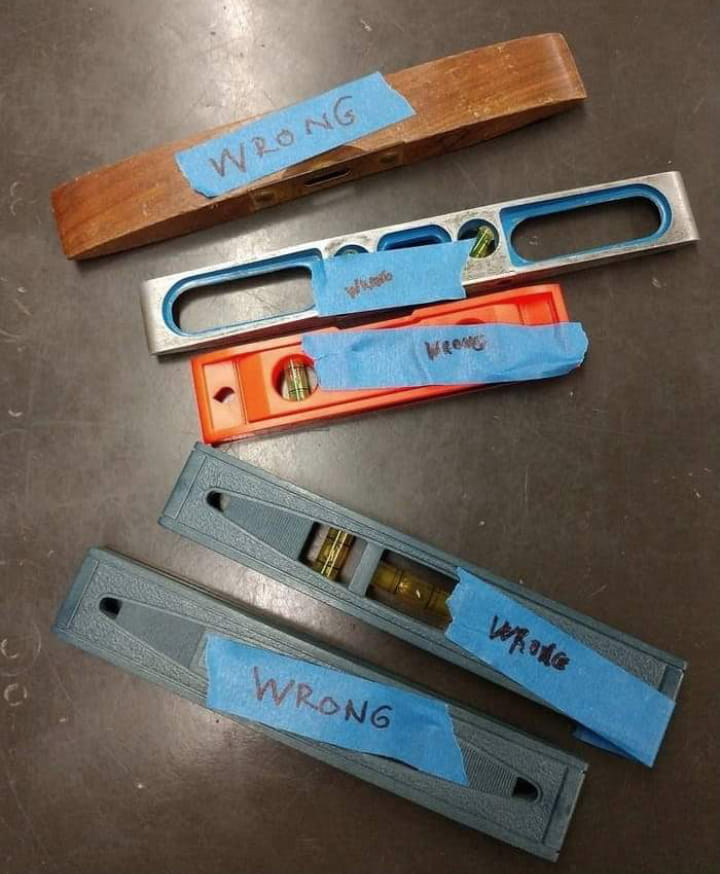Lt. Colonel Robert Maclaren retired from the British Army in 2001 after a long fulfilling career. On the day that he retired he received a letter from the Personnel Department of the Ministry of Defence setting out details of his pension and, in particular, the tax-free ‘lump sum’ award, (based upon completed years of service), that he would receive in addition to his monthly pension.
The letter read,
“Dear Lt. Colonel Maclaren,
We write to confirm that you retired from the Royal Scots Dragoon Guards on 1st March 2001 at the rank of Lt Colonel, having been commissioned into the British Army at Edinburgh Castle as a 2nd Lieutenant on 1st February 1366.
Accordingly your lump sum payment, based on years served, has been calculated as £68,500. You will receive a cheque for this amount in due course.
Yours sincerely
Army Paymaster”
Colonel Maclaren replied;
“Dear Paymaster,
Thank you for your recent letter confirming that I served as an officer in the Royal Scots Dragoon Guards between 1st February 1366 and 1st March 2001 – a total period of 635 years and 1 month.
I note however that you have calculated my lump sum to be £68, 500, which seems to be considerably less than it should be bearing in mind my length of service since I received my commission from King Edward III.
By my calculation, allowing for interest payments and currency fluctuations, my lump sum should actually be £6, 427, 586, 619. 47p.
I look forward to receiving a cheque for this amount in due course.
Yours sincerely,
Robert Maclaren (Lt Col Retd)”
A month passed by and then in early April, a stout manilla envelope from the Ministry of Defence in Edinburgh dropped through Col. Maclaren’s letter box, it read:
“Dear Lt Colonel Maclaren,
We have reviewed the circumstances of your case as outlined in your recent letter to us dated 8th March inst. We do indeed confirm that you were commissioned into the Royal Scots Dragoon Guards by King Edward III at Edinburgh Castle on 1st February 1366, and that you served continuously for the following 635 years and 1 month.
We have re-calculated your pension and have pleasure in confirming that the lump sum payment due to you is indeed £6, 427, 586, 619. 47p.
However, we also note that according to our records you are the only surviving officer who had command responsibility during the following campaigns and battles;
The Wars of the Roses 1455 -1485 (Including the battles of Bosworth Field, Barnet and Towton) The Civil War 1642 -1651 (Including the battles Edge Hill, Naseby and the conquest of Ireland) The Napoleonic War 1803 – 1815 (including the battle of Waterloo and the Peninsular War) The Crimean War (1853 – 1856) (including the battle of Sevastopol and the Charge of the Light Brigade) The Boer War (1899 -1902) World War One (1914-1918).
We would therefore wish to know what happened to the following, which do not appear to have been returned to Stores by you on completion of operations:
9765 Cannons
26,785 Swords
12,889 Pikes
127,345 Rifles (with bayonets)
28,987 horses (fully kitted
Plus three complete marching bands with instruments and banners.
We have calculated the total cost of these items and they amount to £6,427,518.119.47p.
We have therefore subtracted this sum from your lump sum, leaving a residual amount of £68,500, for which you will receive a cheque in due course.
Yours sincerely . . . .”





